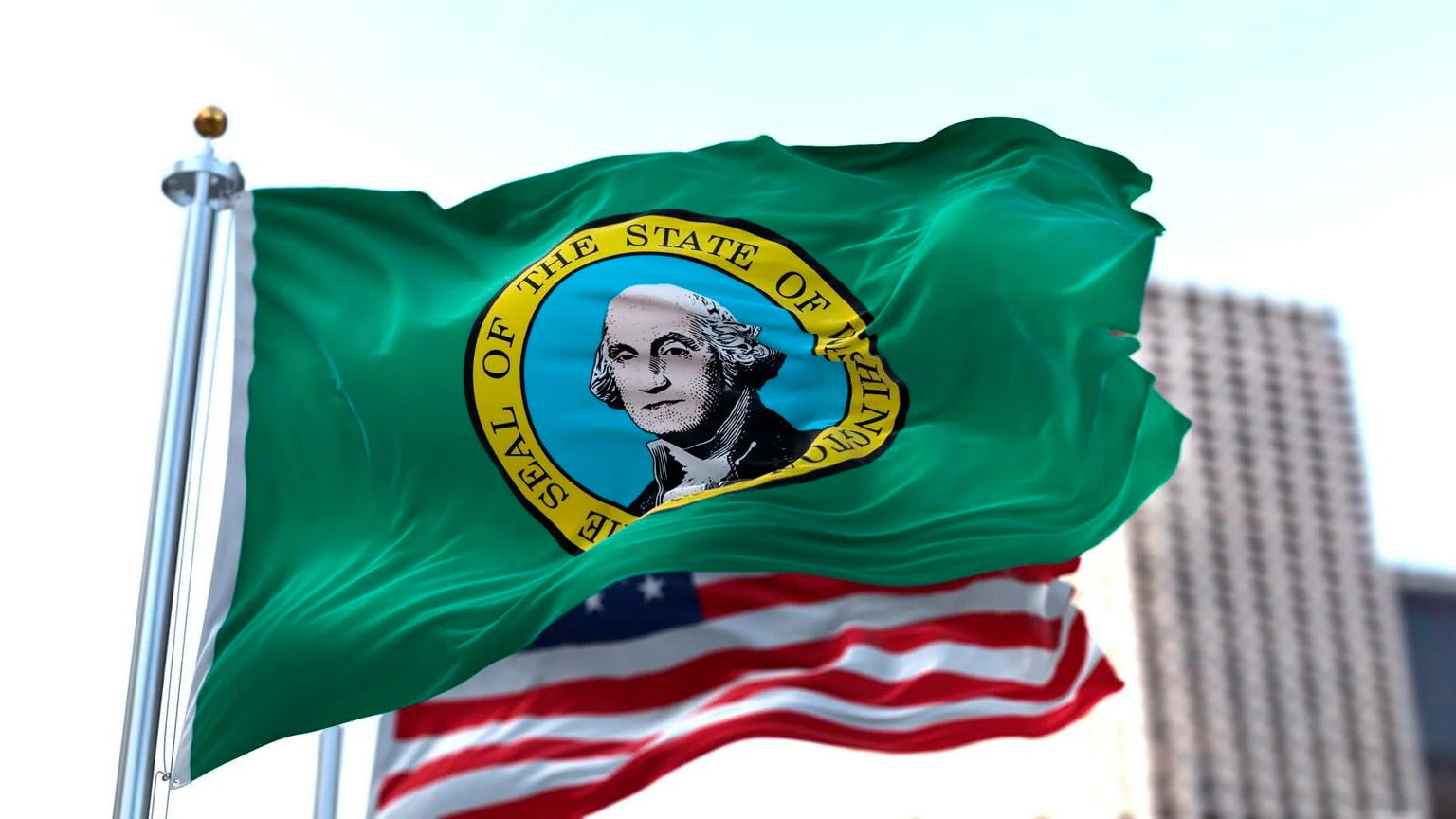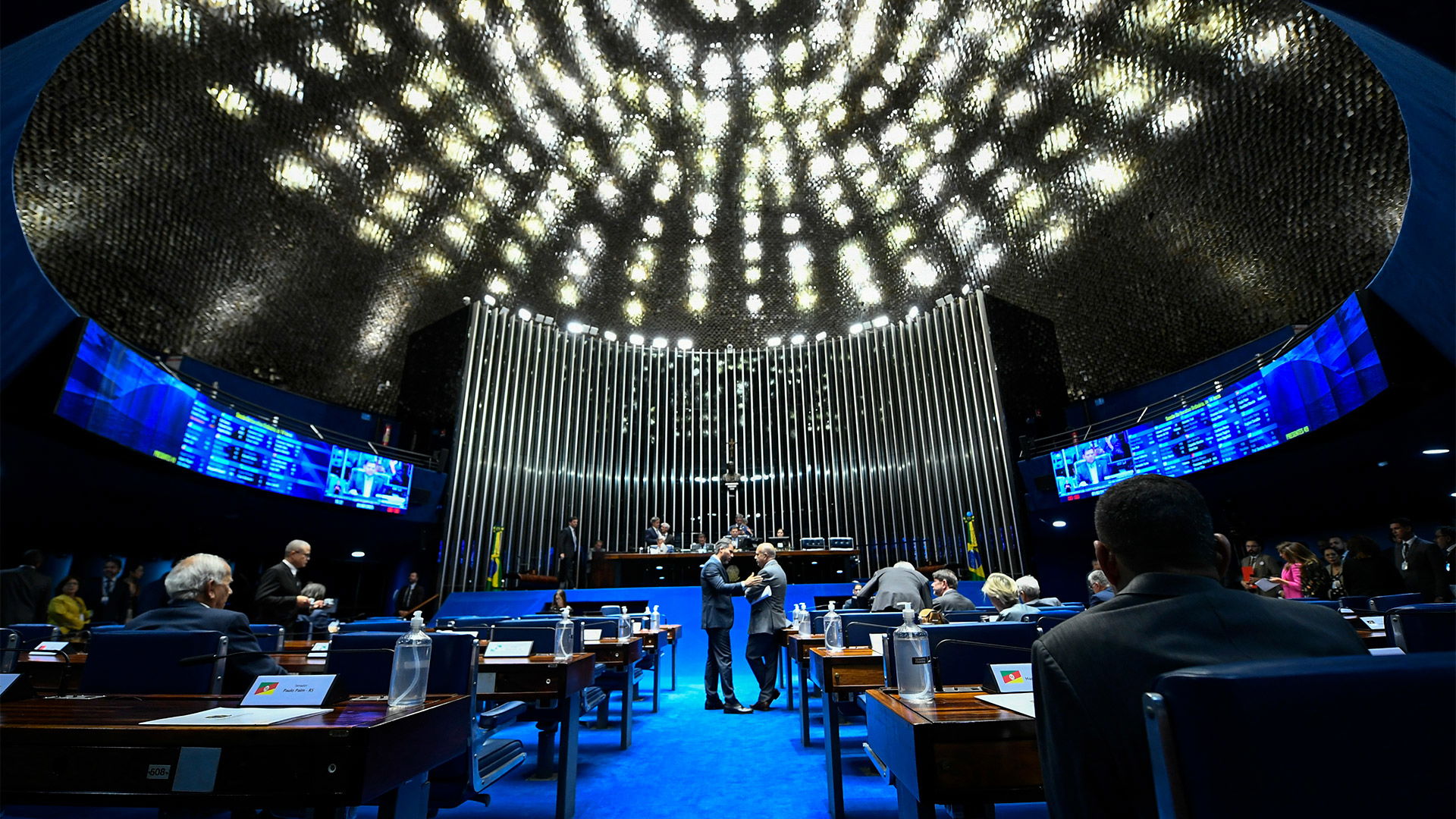Washington tribes generate economic impact of over $7B in 2023, according to state's Indian Gaming Association

Tribal governments in Washington generated $7.4 billion in total economic activity in 2023, according to a recent economic impact report commissioned by the Washington Indian Gaming Association (WIGA). The figure is up from the $6.6 billion in gross state product generated in 2020.
The study highlights the scale of tribal contributions to the state’s economy, including job creation, tax payments, and investments in public services.
The analysis estimates that tribal enterprises and governments supported over 52,000 jobs last year, with 61% of those positions held by non-Native employees. These jobs translated to $3.9 billion in wages and benefits. Tribes also contributed approximately $1.5 billion in state and local taxes.
Tribes rank among top employers in Washington
The 2023 findings follow a 2022 WIGA report that estimated Washington tribes contributed $6.6 billion to gross state product and supported nearly 55,000 jobs in 2019, placing them as the state’s seventh-largest employer at the time.
Data from the report shows that collectively, Washington’s 29 federally recognized tribes now rank as the eighth largest employer in the state, based on figures compiled by the Puget Sound Business Journal. The tribes employed 29,421 individuals directly and supported a broader employment base of 52,333 jobs throughout the state in 2023.
Tribal governments in Washington operate as sovereign entities, running their own departments and services, including healthcare, education, public safety, and infrastructure. Revenues from tribal gaming and other businesses are reinvested locally to fund these programs.
“We’re witnessing a remarkable transformation in Indian Country,” said economist Jonathan Taylor. He added that tribes have evolved from having limited employment opportunities on reservations to becoming major contributors to the labor market.
Public service and infrastructure spending
Tribal governments in the state reinvest revenue from gaming and other business operations into public services that benefit both Native and non-Native populations. These services include funding for healthcare clinics, schools, housing initiatives, environmental management, firefighting, and law enforcement.
Tribal revenue also supports local jurisdictions that share the costs of casino-related impacts. For example, as part of their gaming compacts, tribes contribute to local fire and police departments. Some tribes also operate specialized programs. The Confederated Tribes of the Colville Reservation maintain a fire management unit employing about 60 workers, coordinating closely with state and federal agencies.
In 2023, the Cowlitz Indian Tribe donated $6.6 million to nonprofit organizations, including groups addressing homelessness and food insecurity. Since 2016, the tribe has contributed $28 million to charitable causes across the state.
Gambling industry significance
For the gambling industry, the data affirms the scale at which tribal gaming operations are integrated into the Washington economy. While gaming remains a core economic engine, tribal enterprises have expanded into multiple sectors, enabling governments to sustain and diversify their revenue streams.
The report concludes that $1 out of every $100 in Washington’s economy is tied to tribal activity. With federal support remaining inconsistent, tribes are stepping in to provide services often beyond reservation boundaries.
















